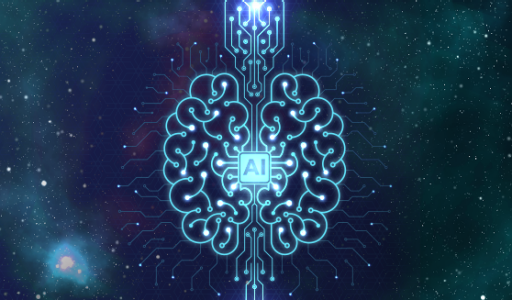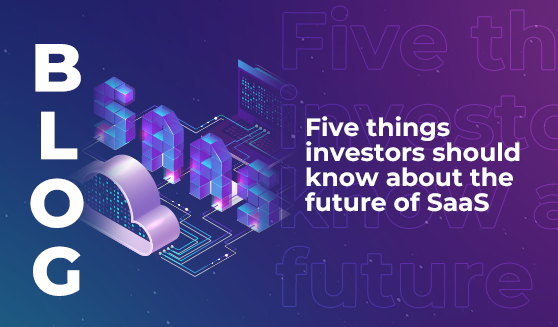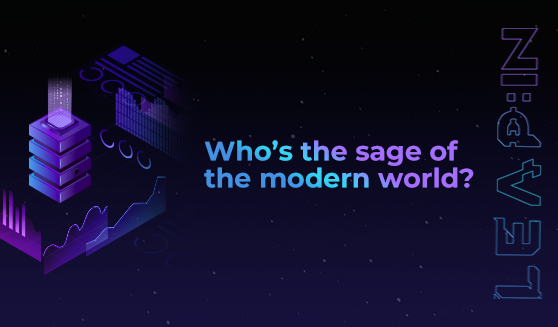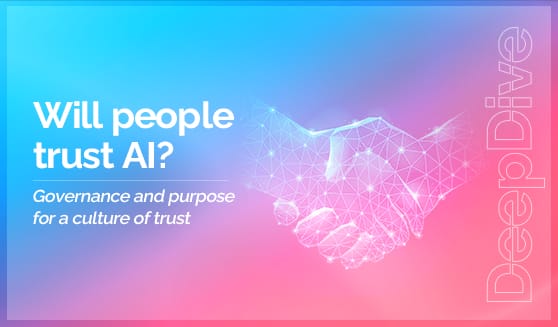
With the growth of artificial intelligence (AI), questions about how this technology will impact businesses, consumers, and the economy, in general, have emerged. Employees are becoming increasingly curious about the implications of AI for their jobs, while companies are eager to take advantage of the opportunities given by this new trend.
There is a belief that this technology can revolutionise manufacturing and handle major global environmental concerns, such as population increase and a stagnant yearly economic growth rate.
However, only time can tell us where this technology will lead the region’s economy.
PwC estimates that AI could contribute up to $15.7 trillion to the global economy in 2030. Among these, $6.6 trillion is likely to come from increased productivity, and $9.1 trillion from consumer benefits.
Impact on the Middle East
Middle Eastern governments and businesses are beginning to realize the shift globally towards AI and advanced technologies in the aftermath of the fourth industrial revolution. They are faced with the choice of being a part of the technological disruption or being left behind. PwC states that being left behind is not an option. It estimates that the Middle East is expected to accrue 2 per cent of the total global benefits of AI in 2030. This is equivalent to $320 billion.
In absolute terms, the most significant gains are expected to accrue to Saudi Arabia, where AI is expected to contribute over $135.2 billion in 2030 to the economy, equivalent to 12.4 per cent of GDP. However, the UAE is expected to see the most considerable impact of close to 14 per cent of 2030 GDP in relative terms.
The current state in GCC
A number of Arab nations, including the UAE, Saudi Arabia, and Qatar, have demonstrated strong commitment to the development and implementation of AI technologies. Many businesses in these parts of the region have heavily invested in this technology with the support of governments as early adopters.
Mohammed bin Zayed University of Artificial Intelligence (MBZUAI), a graduate-level research university specialising in AI, recently launched an executive programme that will assist UAE’s government and business leaders in unlocking the potential of artificial intelligence to ensure smart management, enhanced productivity, and increased efficiency; all of which ensure economic growth.
The programme consists of six courses taught by instructors from academic institutions, executives from global multinational corporations, and university staff. It also encourages more AI involvement among government, business, and the scientific community to expedite the development of future sectors in the UAE while supporting its long-term ambition to become a worldwide AI leader.
Meanwhile, the Informatics and Smart Health Department at the Dubai Health Authority launched the first AI Policy for healthcare in Dubai. Its goal is to establish the regulatory requirements for the use of artificial intelligence (AI) in healthcare. It will also determine the ethical requirements for AI solutions as well as define the main roles and responsibilities of stakeholders involved in the development of it for use in healthcare.
The policy has an in-depth legislative and regulatory framework and aims to enhance the interaction, communication and cooperation between government health agencies, the private sector and the scientific community to accelerate the applications of AI in healthcare.
According to the state-run news agency WAM, Dr Mohammad Al Redha, Director of Health Informatics and Smart Health Department at DHA said that AI in healthcare includes the use of AI-operated robots to perform surgery faster and assist surgeons. He added that it also includes the use of AI to analyse health information from a large set of data.
Meanwhile, the Saudi Green Initiative, which aims to plant 10 billion trees, will use hi-tech for this initiative. “AI and robotics can play a major role in this, not only here in Saudi Arabia but across the Gulf region, said Dr Nahid Sidki, chief technology officer with Research Products Development Company (RPDC), in a press statement to local media.
“AI can play a crucial role here via smart, efficient irrigation systems that utilise sensors and data analytics to monitor climate conditions and soil moisture,” said Dr Sidki. “If every tree and every plant had sensors to monitor the condition of the soil surrounding the roots, this could determine exactly when it requires water and exactly what amount.”
He added that such AI-based solutions are already being implemented in the form of smart dust, nanoparticles that communicate with each other, enabling complex data collection and efficient decision-making in all aspects of agriculture.
Artificial intelligence at the industry level
However, according to PwC, the potential for AI adoption varies by industry. International Data Corporation research suggests that the most significant opportunity for AI in the Middle East and Africa region is in the financial sector, where 25 per cent of the predicted AI investments for 2021, or $28.3 million, will go toward developing AI solutions. The public sector, which includes education and healthcare, is next, followed by manufacturing.
The growth of these sectors will also have a direct effect on their demand for inputs from other sectors of the economy. Likewise, higher wages generated by these sectors will increase consumer demand across all industries. As a result, firms and consumers throughout the economy may experience indirect and induced impacts of AI. This will add to the economic impact of AI.








